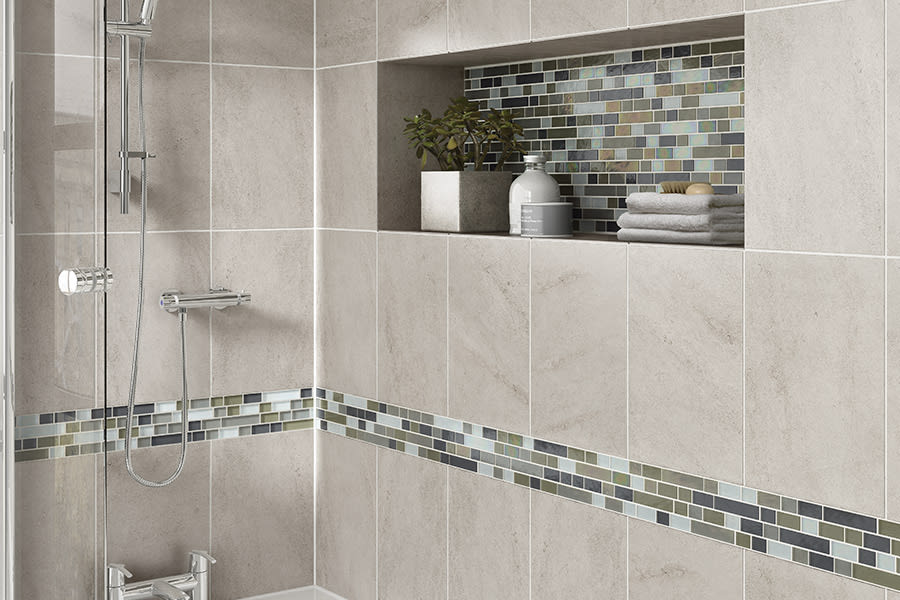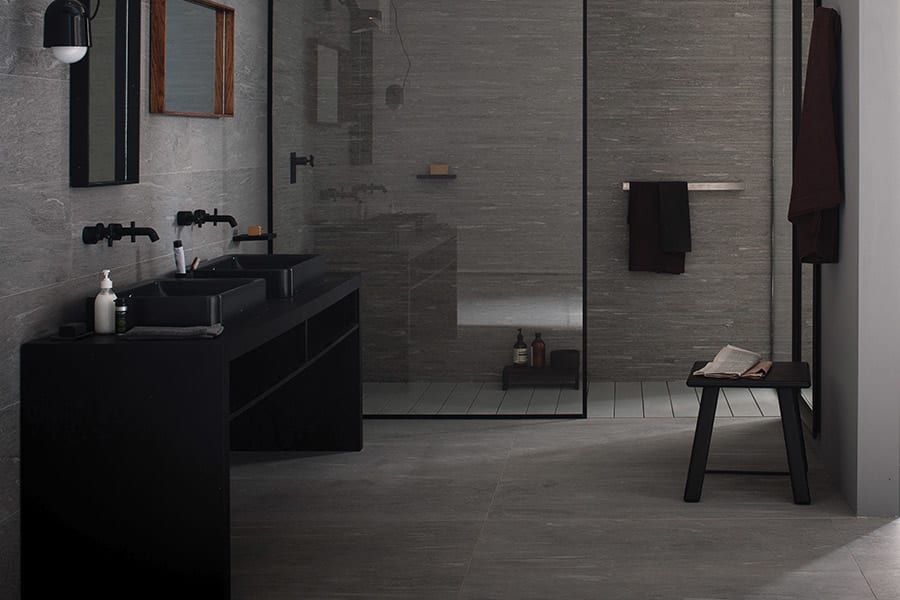820 W. Lancaster Blvd. Lancaster, CA 93534
*We ship only to the greater Antelope Valley area, in southern California.
Request a free flooring estimate
Natural stone flooring options and benefits
Learn more about natural stone
Pure elegance and luxury are a couple of terms you can use when describing the allure of natural stone flooring. If you’ve never taken the time to consider the amazing benefits this floor covering has to offer, we suggest that you do so now. You might be surprised at what you find, and even more surprised that this may be just the floor covering you’ve been waiting for all this time.
At Boulevard Flooring Emporium, your floors mean as much to us as they do to you. We’ll put our more than twenty-five years of experience right to work, to make sure you have exactly what you need. What’s more, we can also install that product and help you maintain it as well. This is particularly beneficial for busy families who might not otherwise be able to find time to do it themselves. We’re proud to serve the areas of Lancaster, Palmdale, Acton, Rosamond, Tehachapi, Littlerock, Pearblossom, Mojave, California City, Santa Clarita, Leona Valley, and Lake Elizabeth. We invite you to visit our showroom in Lancaster, California, and give us the pleasure of serving you as well.
At Boulevard Flooring Emporium, your floors mean as much to us as they do to you. We’ll put our more than twenty-five years of experience right to work, to make sure you have exactly what you need. What’s more, we can also install that product and help you maintain it as well. This is particularly beneficial for busy families who might not otherwise be able to find time to do it themselves. We’re proud to serve the areas of Lancaster, Palmdale, Acton, Rosamond, Tehachapi, Littlerock, Pearblossom, Mojave, California City, Santa Clarita, Leona Valley, and Lake Elizabeth. We invite you to visit our showroom in Lancaster, California, and give us the pleasure of serving you as well.

Natural stone options
So, what exactly is natural stone? It’s a mineral substance that is all natural, unlike synthetic products or those stone products that are manufactured. Some of the natural stones you might find most commonly used in flooring include:
Within these stones, you will hear your flooring professional speak about grade. When you hear a reference to Grade One, you can know that these are uniform stones, and are of the highest quality available. Grade Two speaks to those stones that might have a few scratches or irregularities. Grade Three stone is likely to have more outstanding flaws, which means they will be better used as accents or to create a rustic look.
Another important feature to be concerned with is the absorption rating, which tells you how porous the material will be. If a product is extremely absorbent, then it will stain very easily. Sandstone is easily the most absorbent, while granite, on the other hand, is practically waterproof.
Absorption classifications you might hear include “non-vitreous” (very porous and should not be used where it will get damp), “semi-vitreous” (will demand more maintenance with increased exposure to water), “vitreous” (standard absorption rating, good for low to medium traffic) and “impervious” (resistant to most water and spills and easier to clean and maintain).
- Marble
- Travertine
- Slate
- Limestone
- Sandstone
- Granite
Within these stones, you will hear your flooring professional speak about grade. When you hear a reference to Grade One, you can know that these are uniform stones, and are of the highest quality available. Grade Two speaks to those stones that might have a few scratches or irregularities. Grade Three stone is likely to have more outstanding flaws, which means they will be better used as accents or to create a rustic look.
Another important feature to be concerned with is the absorption rating, which tells you how porous the material will be. If a product is extremely absorbent, then it will stain very easily. Sandstone is easily the most absorbent, while granite, on the other hand, is practically waterproof.
Absorption classifications you might hear include “non-vitreous” (very porous and should not be used where it will get damp), “semi-vitreous” (will demand more maintenance with increased exposure to water), “vitreous” (standard absorption rating, good for low to medium traffic) and “impervious” (resistant to most water and spills and easier to clean and maintain).













